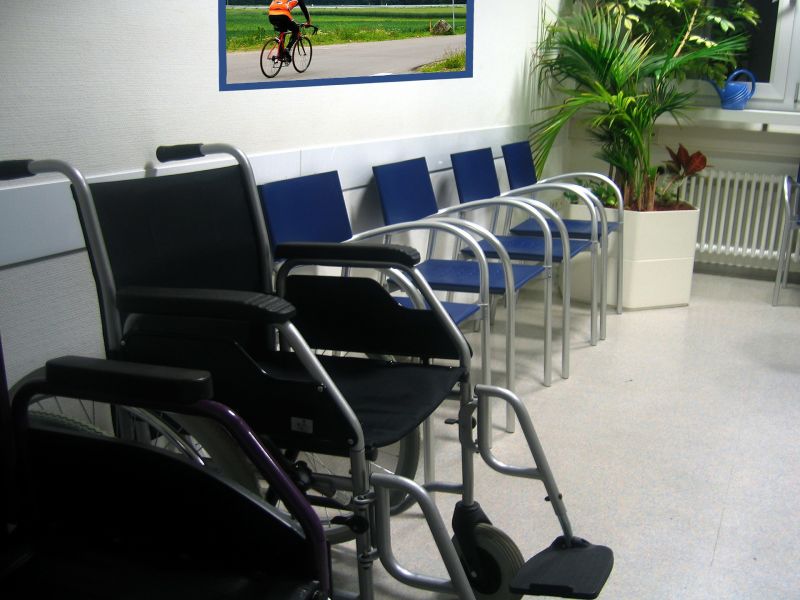I devote a lot of time to writing about how technology has the potential to transform health care. But as a patient, it doesn't feel like the experience has changed much in the past five years.
During a recent visit to the doctor's office, I sat in a waiting room for thirty minutes filling out about 10 pages of paperwork about my family history (no changes there). I spent about ten minutes with my doctor, who stole occasional glances at me while glued to his computer screen (a worse experience, if anything).
But there were a few improvements: I scheduled my appointment online, and checked my lab results via a so-called "patient portal," a secure, online system.
